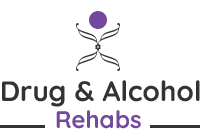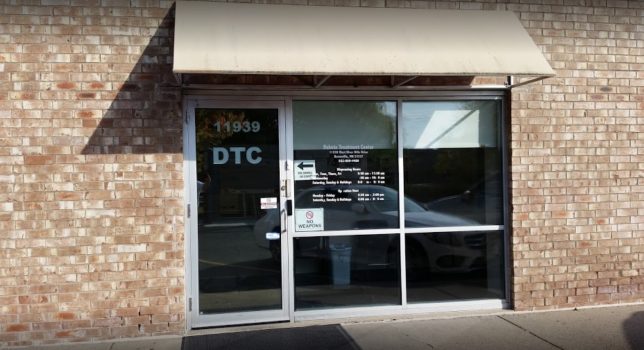Benefits of Choosing Dakota Treatment Center
Dakota Treatment Center in Burnsville, Minnesota offers focused treatment programs to help individuals attain sobriety from opioid dependence. Clients are assigned to personalized program schedules exactly specific to their recovery needs. Since each individual manifests unique dependence styles, particular treatment routes are made available to aid healing. Programs provided at the center include medication-assisted treatment (MAT) and opioid addiction counseling.
Typically, dependence on opioids means both a physical and psychological reliance on the substance. Therefore, with the aid of stabilizing medication during MAT, individuals can recover from physical dependency. MAT confers certain advantages like relatively low costs and the non-requirement for individuals to receive drugs in a residential treatment plan. At the start of the treatment program, recovering individuals decide to abstain from taking the opiate. This decision causes a change in the body systems which have long been dependent on the drug. Hence, withdrawal symptoms like insomnia, muscle aches, anxiety, and increased heart rates may manifest. FDA-approved medications like methadone, buprenorphine, or Suboxone are prescribed to ease these symptoms. Dakota Treatment Center Burnsville also operates a methadone clinic owing to its long history of proven effectiveness in treating these opioid withdrawal symptoms.
Opioid addiction counseling aims to help individuals recover from psychological dependency. At Dakota Treatment Center in Minnesota, professional addiction specialists administer counseling. There are many reasons why it is crucial to a holistic recovery from opioid addiction. Recovering individuals can understand the nature of addiction as a disease and the effects on their minds and behavior. They also explore the reasons for their addiction and the triggers to their opioid use. In the future, they are enabled to make improved and sober life choices. Furthermore, clients learn to cope with stress during counseling and strategies to handle and recover from relapse if it occurs. Counseling is available in three categories at the center: individual, group, and family counseling sessions.


